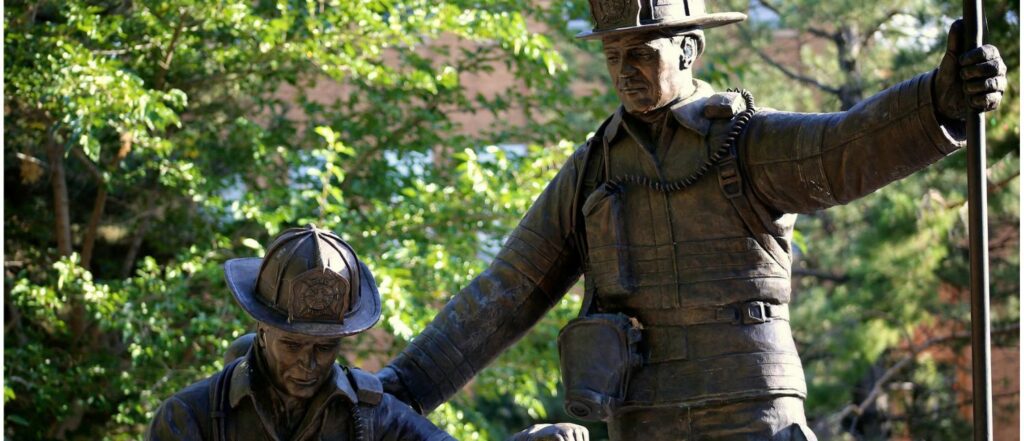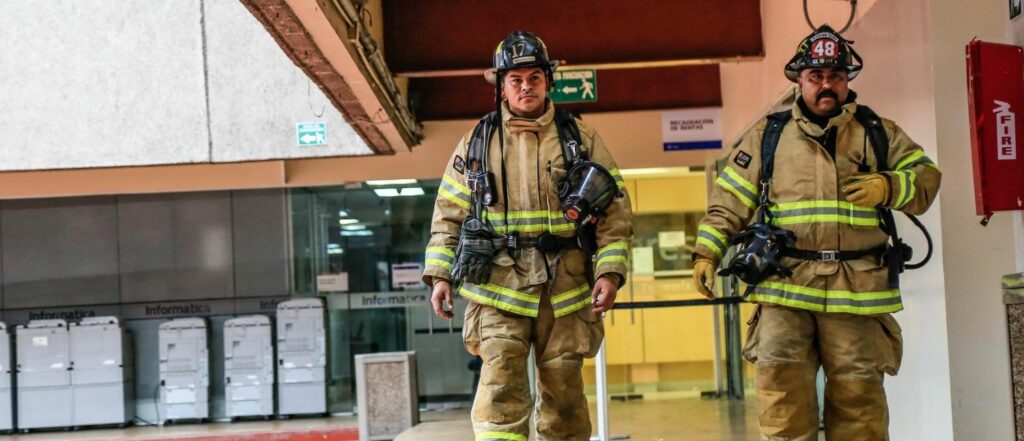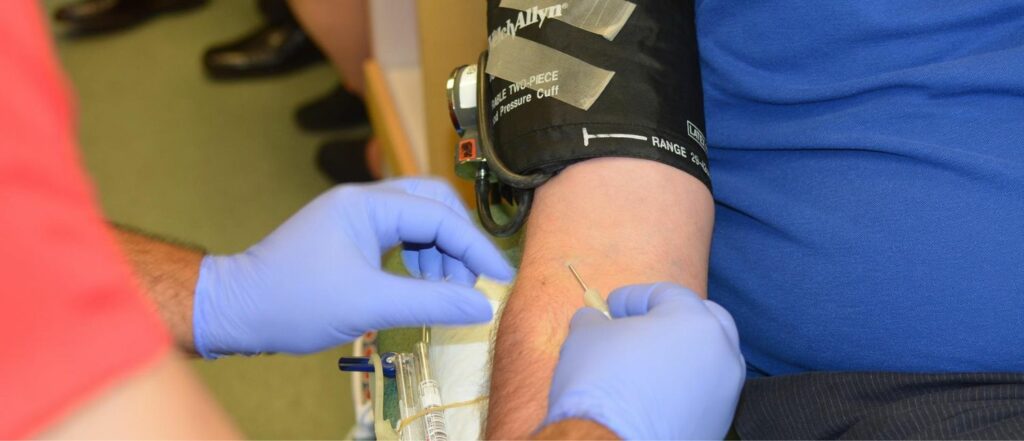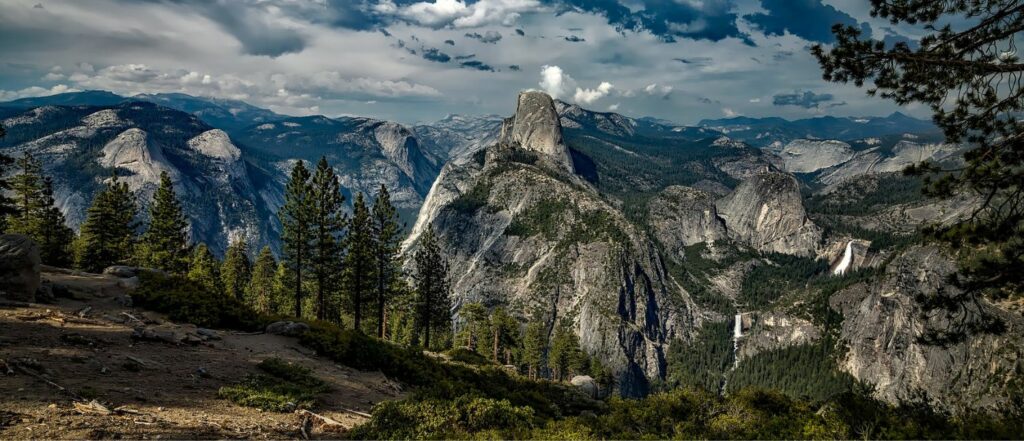August Pro RoundUp: Five Pioneering Volunteer Leaders To Inspire You
On the days I feel a little frustrated, I look to the examples set by people who inspire me. I take courage from their victories, inspiration from their journeys, and motivation from the way they overcame struggles.
In the field of volunteerism, there are some genuinely amazing, pioneering volunteer leaders whose stories are sure to motivate you. These leaders each founded famous and influential organizations, but started with just the spark of inspiration and a sense of conviction and purpose in their cause.
Pioneering Volunteer Leader: Benjamin Franklin
Yes, the American founding father, inventor of the bifocals, and bold discoverer of electricity via kite flying, was also a volunteer leader. On December 7, 1736, Frankin co-founded the Union Fire Company in Philadelphia, the first formally organized all-volunteer fire company in the colonies.
Franklin was inspired to create a volunteer fire department in 1730 after a ship caught fire in the local harbor. The fire quickly spread to the surrounding wharf, and all the warehouses and neighboring houses were destroyed.
For six years, Franklin advocated for the need to create a volunteer firefighting force. In 1733, he wrote an article for the Pennsylvania Gazette about the larger community importance of preventing and protecting property from fires. He helped form a committee to strategize roles and needs, and helped recruit and organize the first 26 volunteers.
Franklin defined and assigned company roles including water management, property protection, training, and fire prevention. Supplies were paid for by members, and successes were immediately measurable. According to the Benjamin Franklin Historical Society, “in a time when fires consumed entire blocks of buildings, the city of Philadelphia had not lost more than one or two houses at a time.”
Like so many other pioneering volunteer leaders, Benjamin Franklin saw a need, believed he had a solution, advocated for it, drew others to his cause, and with a dedicated team, saw success and solved a problem. It took six years from the original inspiration to the fulfillment of the goal, but Franklin did not give up. Today almost 70% of all U.S. firefighters are volunteers and continue their founding purpose to protect life, health, and property.
Read more about Ben Franklin’s volunteer fire company here: Union Fire Company – Benjamin Franklin Historical Society
Pioneering Volunteer Leader: Clara Barton
Clara Barton, a self-taught nurse during the American Civil War, founded the American Red Cross in response to the destruction and intense need she saw while helping injured soldiers returning from the front lines.
Barton was inspired to action while providing care for injured soldiers after the Baltimore Riot on April 19, 1861. Barton knew many of the soldiers personally, and along with other area women, she donated her own family’s clothing, food, and medical supplies for those wounded, as well as other practical services like reading to soldiers and helping them to write letters to their families.
Barton began stockpiling and distributing needed supplies for injured soldiers and used her own home as a storeroom. She placed an ad in the local paper to solicit donations and received many supplies in response. She began traveling further to field hospitals to deliver aid and medical care as her mission grew.
Interestingly, Barton provided care and supplies to both Union and Confederate soldiers without discrimination or consideration of their side in the conflict.
After the war, Barton petitioned President Lincoln for permission to answer the thousands of letters received by the War Department from relatives to missing or dead soldiers, and with Lincoln’s approval founded the Office of the Missing Soldiers.
She worked with Susan B. Anthony for women’s voting rights, and after meeting Frederick Douglass, also became an advocate for civil rights.
On May 21, 1881, twenty years after she first began volunteering her time and talent, Barton officially founded the American Red Cross with the approval of President Chester A. Arthur.
Clara Barton accomplished extraordinary things in her life, made even more extraordinary because she was not highly educated, was self-taught in the field of nursing, and worked with government officials and world leaders at a time when women did not yet have the right to vote.
Today the American Red Cross continues Barton’s “mission of preventing and relieving suffering, here at home and around the world.”
Learn more about Clara Barton’s life and accomplishments here: Women In History – Clara Barton
Pioneering Volunteer Leader: Father Edward Flanagan
Father Flanagan, an Irish immigrant to the U.S. and priest in the Catholic Church, was so moved by the plight of the poor and homeless youth in his Nebraska parish that he founded what is now known as Boys Town in 1917.
Flanagan saw the generational effects of poverty on his community. He saw how lack and fear turned many boys and young men to crime in order to simply survive. He felt strongly that sending these children to reform school as a punishment only perpetuated the problem and believed that with right resources and opportunity, these same young men could become successful contributing members of society.
Flanagan designed Boys Town to function as a real-world training ground with a “mayor,” post office, chapel, and gym. Boys between the ages of 10 and 16 could complete their education and learn a trade to aid in future employment. More than anything else, though, Flanagan desired to give these children hope for a future that was brighter than their parents’.
Today, Boys Town includes juvenile justice reform as a core part of its mission. Its website shares the belief that “children should be treated as children, especially when they violate the law and enter the juvenile justice system.
Boys Town believes “in rehabilitation and redemption for kids, rather than punishment and incarceration, and advocate for fair treatment and practices that take into consideration a child’s age, developmental level and lack of decision-making abilities.
“Given the right interventions and support, no child is beyond hope.”
Learn more about Father Flanagan and his advocacy for social reform here: Boys Town: Saving Children, Healing Families. Bonus: You can also check out the excellent movie biography of Father Flanagan, “Boys Town” starring Spencer Tracy and Mickey Rooney, available on most streaming platforms.
Pioneering Volunteer Leader: George Williams
George Williams was born into a large farming family in Somerset, England in 1821. At an early age, he was sent by his family to London to learn a trade and apprentice as a draper. While there Williams was shocked by the working conditions, as well as the lack of healthy physical activity for young men living in the squalid urban back alleys of London at that time.
Williams was inspired to create a safe place for these young men to gather, to encourage each other in faith and good works, and to address the social issues he saw around him. Along with eleven friends, Williams founded the Young Men’s Christian Association, or the YMCA, on June 6, 1844.
While it seems obvious today, the concept of athletic pursuits and community-building to aid in overall fitness and mental health was revolutionary at the time. Like the other four pioneering volunteer leaders, Williams saw a need and had a clear idea for a solution. He started small with just a few friends and initially offered membership to his new organization to select drapers in own profession.
The concept gained in popularity after the World’s Fair was held in London in 1851, and eventually YMCAs began to spread internationally across Europe and as far as Australia, Hong Kong, and the United States.
Today, the YMCA is one of the largest nonprofits in the world, and it continues to share William’s mission of “empowering people to reach their full potential, to improving well-being, inspiring action, strengthening communities and ensuring that everyone has the opportunity to become healthier, more confident, connected and secure.”
Learn more about George Williams’ mission and what the YMCA is doing today in the U.S. today here: Our History | YMCA of the USA
Pioneering Volunteer Leader: John Muir
The famed author and naturalist John Muir was born in Scotland in 1838 and immigrated with his family to the United States in 1849.
He discovered his lifelong passion for nature during a botany class at the University of Wisconsin in his early 20’s. Shortly afterward, Muir left school to begin a traveling exploration of the United States, collecting and cataloging plant specimens and doing odd jobs to cover living expenses.
After years of extensive travel and study, Muir settled in San Francisco and began his greatest work after visiting Yosemite for the first time. He was awed by the overwhelming beauty of the land and deeply troubled by the damage that encroaching farms and ranches were beginning to cause.
Muir devoted the remainder of his life to the study of the unique geological and botanical features of Yosemite, the giant Sequoias, and the Sierra Nevada. He published academic papers, wrote articles for magazines, and worked tirelessly to draw others to his cause.
Muir successfully advocated for a Congressional bill to protect Yosemite as a national treasure and created what is known today as the National Park Service.
During this time, Muir also founded and became the first president of the Sierra Club, an environmental organization focused on political advocacy to promote environmental policies.
Initially an informal group of like-minded naturalists and preservationists focused on the Yosemite area, Siera Club chapters are now in all 50 states and Puerto Rico, and continue Muir’s founding purpose “to explore, enjoy, and protect the wild places of the earth.”
Learn more about John Muir and how his political activism saved Yosemite here: U.S. National Park Service – John Muir
Be Encouraged – You Are In Good Company!
As a leader of volunteers today, your job can often feel frustrating or challenging. Take heart from the stories above, and know that you are in very good company!
Your job may not always be easy, but it is important and potentially more valuable than you realize. The five pioneering volunteer leaders in this week’s blog were moved by personal passion and conviction, and perhaps didn’t realize how their actions would change the world.
But one person at a time, one day at a time, that’s exactly what they did.












